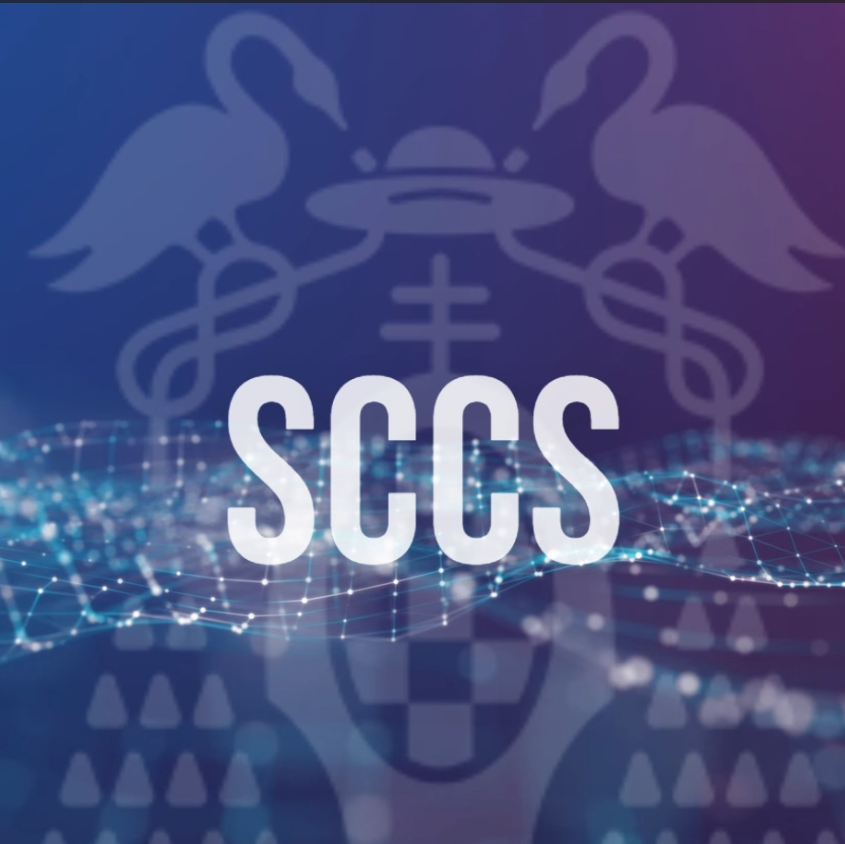In this paper, we offer a sophisticated application of Fuzzy Cognitive Maps (FCMs) to the field of municipal governance in Ecuador. This study stands out for its methodological rigor and its application of complexity theory to understand the multifaceted nature of municipal governments. The research specifically aims to identify the key elements influencing the well-being of citizens over short and long-term horizons.
In-depth Understanding of Fuzzy Cognitive Maps (FCMs)
Fuzzy Cognitive Maps, as conceptualized by Axelrod, represent a paradigm shift in modeling social scientific knowledge. FCMs are essentially cognitive maps that integrate fuzzy logic, allowing for the representation of causal reasoning in a way that mirrors human-like thinking and decision-making processes. In these maps, nodes symbolize key concepts within a given domain, while arcs illustrate the causal relationships between these concepts. The innovation of FCMs lies in their ability to assign a spectrum of values (ranging from -1 to +1) to these relationships, thereby capturing the nuances and complexities inherent in real-world systems (Axelrod, 1976).
Methodological Sophistication
The research methodology employed in this study is particularly noteworthy for its depth and comprehensiveness:
1. Development of the Initial FCM: This phase involved extensive collaboration with 16 national experts, encompassing a diverse range of perspectives from various sectors. These experts contributed significantly to defining the critical concepts and interrelationships that determine municipal performance (Stage 1).
2. Local Expertise Integration: The study further leveraged local insights by engaging experts from 220 municipalities. This stage was crucial for assessing the general applicability of the initial FCM and adapting it to the specific contexts of different municipalities (Stage 2).
3. Scenario Modeling and Simulation: The research team utilized advanced modeling and simulation techniques to explore various municipal scenarios. This approach was grounded in the assumption that the expert-identified relationships in the FCMs were fundamentally accurate, albeit partially coherent internally (Stage 3).
4. Optimization Using Genetic Algorithms: The final stage involved the application of genetic algorithms to refine the FCMs. This process is aimed at stabilizing and optimizing the values of the relationships over the long term, a critical step in ensuring the practical applicability of the model (Stage 4).
Implications and Findings
The study’s findings underscore the significance of various factors in determining municipal performance. Key among these are the necessity of a competitive entrepreneurial sector, the importance of competent leadership, and the effective allocation of resources. Notably, the research highlights the paradoxical need for maintaining structures like financial transfers from central governments and the exploitation of natural resources for sustainable urban development.
Complexity Theory and Municipal Governance
The application of complexity theory in this research provides a unique lens through which to view municipal governance. Complexity theory, which has gained traction across disciplines like Physics, Biology, and Economics, is particularly suited to analyzing systems characterized by non-linear interactions, adaptation, and evolution (Snowden & Boone, 2007). In the context of municipal governance, viewing public administration organizations as complex reflexive systems (CRS) implies an inherent need for flexibility and adaptability in management and policy-making (Pavard & Dugdale, 2006).
In summary, this research not only contributes to our understanding of municipal governance through the innovative use of FCMs but also exemplifies the application of complexity theory to social sciences. It presents a nuanced, multi-faceted approach to addressing the challenges faced by municipal governments, emphasizing the importance of adaptability, interconnectivity, and systemic thinking in the pursuit of long-term societal well-being.
